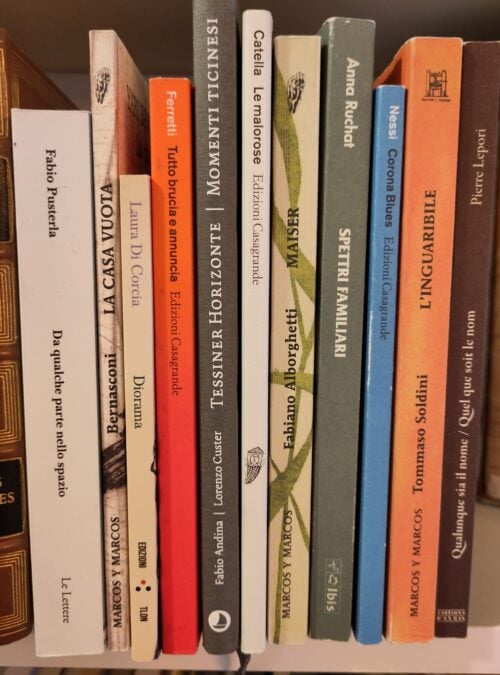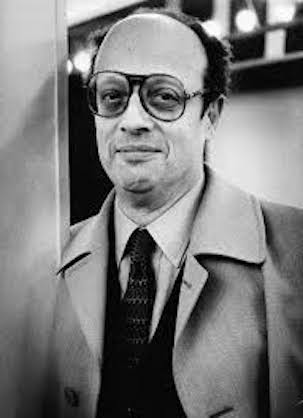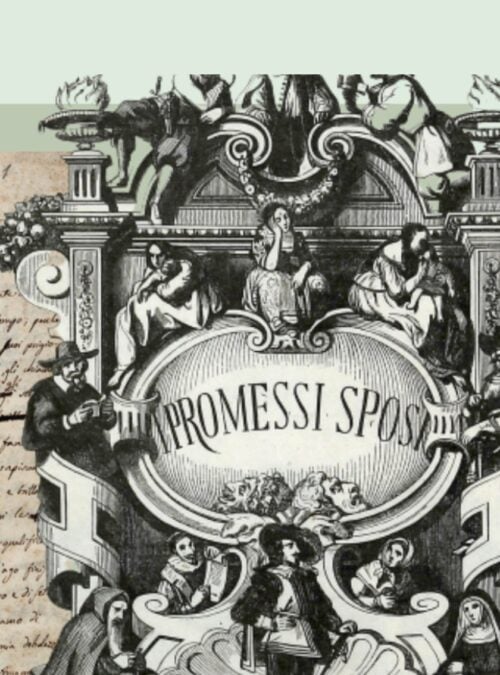Franco Fortini’s Lectures on Translation

From 20 to 23 November 1989, Franco Fortini gave four lectures on translation at the Italian Institute for Philosophical Studies in Naples. A poet, Franco Fortini had also been a translator since World War II, when, forced to take refuge in Switzerland on account of his Jewish origins and political beliefs, he devoted himself to the translation of poetry. Returning to Italy after the fall of the Fascist regime, he took an active role in the country’s cultural life. These were years of great effervescence, which saw the birth of important literary magazines such as Il Politecnico, to which Fortini contributed not only as editor, but also as translator and translation reviser.
Over the course of his career, his work involved some of the great names of European literature, including Goethe, Brecht, Baudelaire and Proust, authors who had a decisive influence on his poetic activity. The practice of translation was soon accompanied by theoretical reflection, nourished by reading (in particular, the work of the Prague School and Henri Meschonnic), and personal experience: from the 1970s onwards, Fortini provided commentaries on his translations in long theoretical introductions.
These reflections are at the origin of Lezioni sulla traduzione (Lectures on Translation), published in 2011 by Quodlibet and edited by Maria Vittoria Tirinato, whose French translation was recently published in the “Traductologiques” series by Parisian publishing house Les Belles Lettres. This small white volume is a rather unusual book, turned into a beautiful ultramarine blue in the French edition. In fact, the text we are reading was not meant for publication. Rather, they are the preparatory notes for the Neapolitan conversations, drafted on a computer and kept in the archives of the Franco Fortini Research Centre in Siena. In the Italian edition, the text is accompanied by a critical apparatus (pp. 203-221) which is not included in the French translation. Translators in fact chose to approach the Lezioni as an essay on translation studies, supplementing them at selected points with seminar recordings, where Fortini sets out his theories often more clearly than he does in the long and word-packed periods of the text.
The Lezioni sulla traduzione is a dense text, full of quotations and a degree of explicit and less-explicit references to great literary theorists. But it is also a history of the translation of poetry in Italy, from the end of the eighteenth century to the 1980s. The author does not proceed in a linear manner, alternating theory and concrete examples, fine literary analyses and interesting anecdotes drawn from his own experience as a translator, or rather as a poet-translator.
In the “First Lecture” he sets a first chronological boundary in the eighteenth century, when translation stopped “annexing and assimilating the different and the distant” and started to “feel the need to restore (…) specificity and diversity (p. 53)”. Fortini then outlines the various trends that marked the history of Italian translation in an attempt at periodisation that he will resume at the end of the essay.
The First Lecture is followed by lengthy “Addenda” in which he analyses a number of translations of poetry as works in their own right, to be evaluated in relation to the production of the translator-poet rather than in relation to the source text. For Fortini, the connection with the original only makes sense within a critical or hermeneutical dimension. But theory is always questionable, conclusions are always provisional: it is therefore legitimate to ask whether the very concept of centripetal work should not be called into question.
The “Second Lecture” deals with the question of remuneration in poetry translations. The theoretical reference is the Prague school (Tynjanov and Mukařovský are mentioned at the beginning). Fortini focuses mainly on rhyme, noting how, in the twentieth century, this traditional marker of poeticity is often used in contradictory and divergent ways in poetry and poetry translations. Rhyme and meter are themes that also recur in the following lectures.
The “Third Lecture” offers a history of translation in Italy between 1910 and 1945, a period marked by an intense production of poetry translations, which often reflect contemporary debates and clashes between different literary conceptions. In the 1920s, a new era of poetry translation began with the work of Giuseppe Ungaretti, who had a decisive influence on his fellow translators. The chapter analyses at length Luis Gongora’s translations by Ungaretti, Gabriele Mucchi and Cesare Greppi. Later, Fortini focuses on another prominent poet-translator, Sergio Solmi.
The “Fourth Lecture” goes on to classify the dominant currents running through the history of poetry translation in Italy in the twentieth century, but has also an autobiographical dimension. Towards the end of the chapter, the author devotes a few beautiful pages to imaginary translations, describing how in the past he translated imaginary texts by Polish or Chinese authors into Italian. These literary games, taken in varying degrees of earnestness, show that translations represent a literary tradition that is linked to literature while at the same time running parallel to it.
The presence of Fortini in the text, behind theoretical reflection – or rather at its origin – is perhaps one of the most interesting elements of this book. Indeed, in addition to being an essay on translation studies and a history of poetry translation in Italy, Lezioni sulla traduzione is also, in a sense, a memoir. The author does not hesitate to recount his experiences, to question his past choices, in a continuous dialectic with himself. This sincere and sometimes ironic look at his experience as a translator constitutes a precious heritage for young translators, to whom Fortini seems to turn at the end of the text, as he good-naturedly advises to exercise “above all not too much genius” (p. 184).










